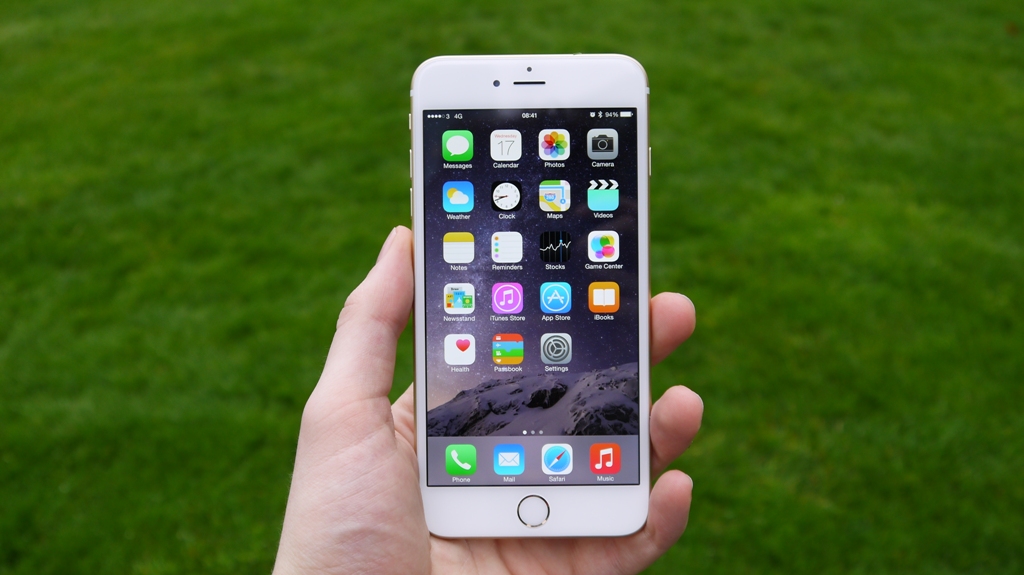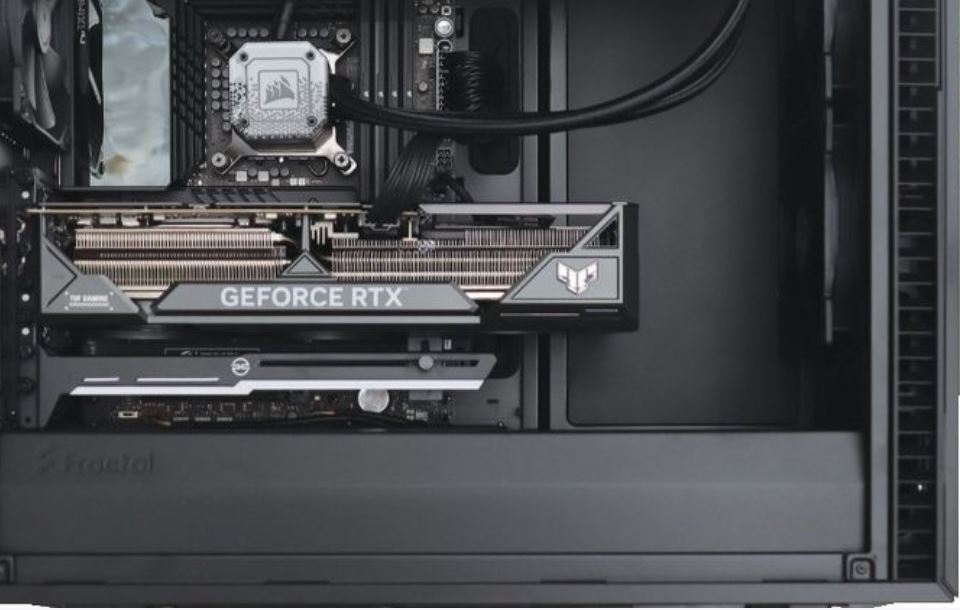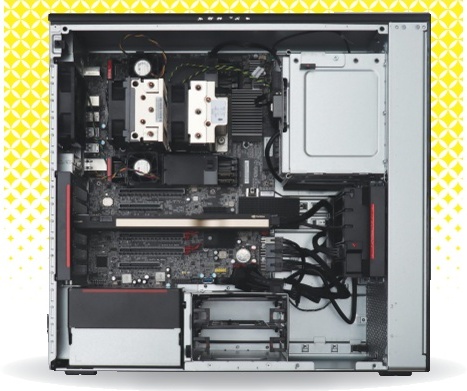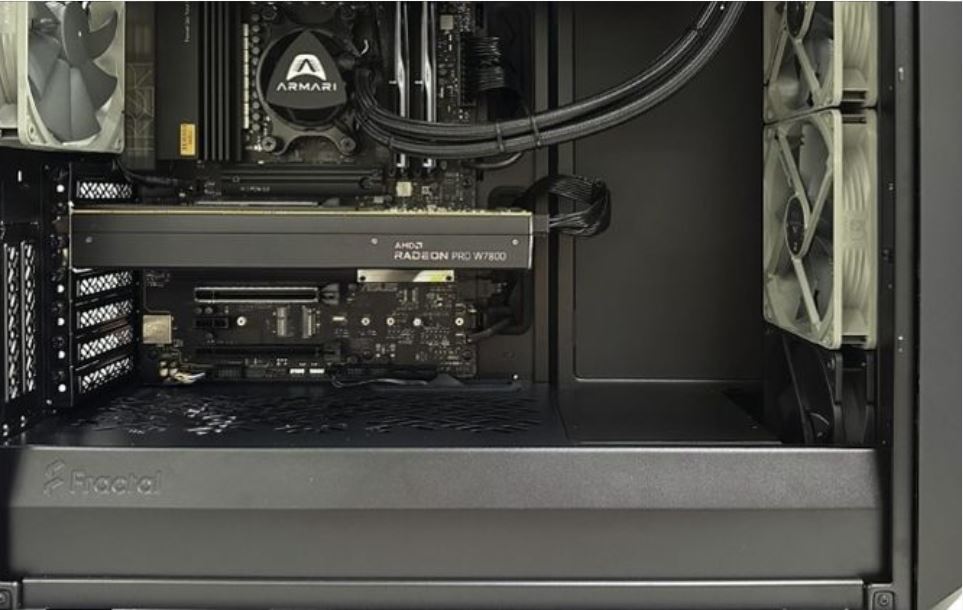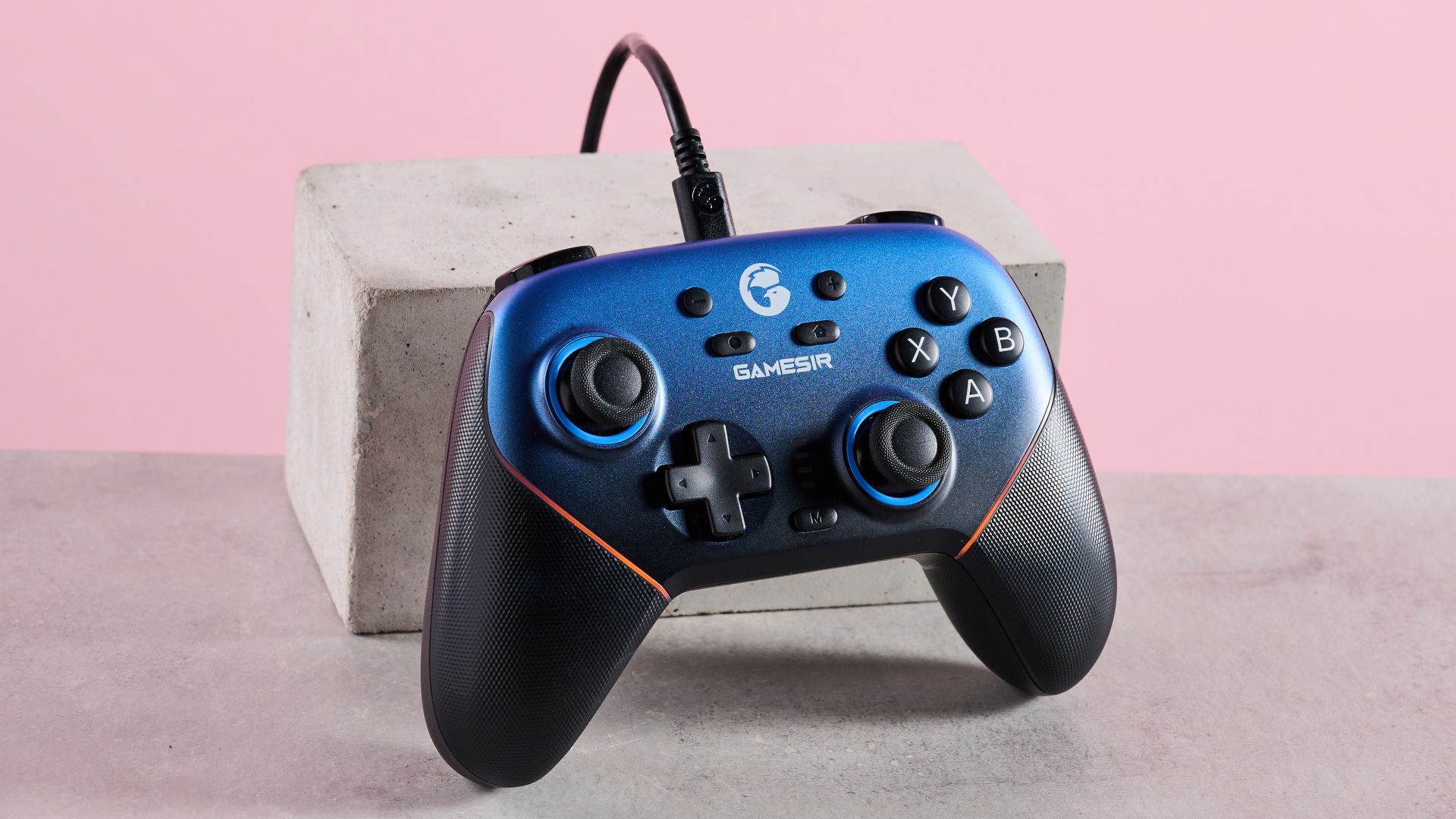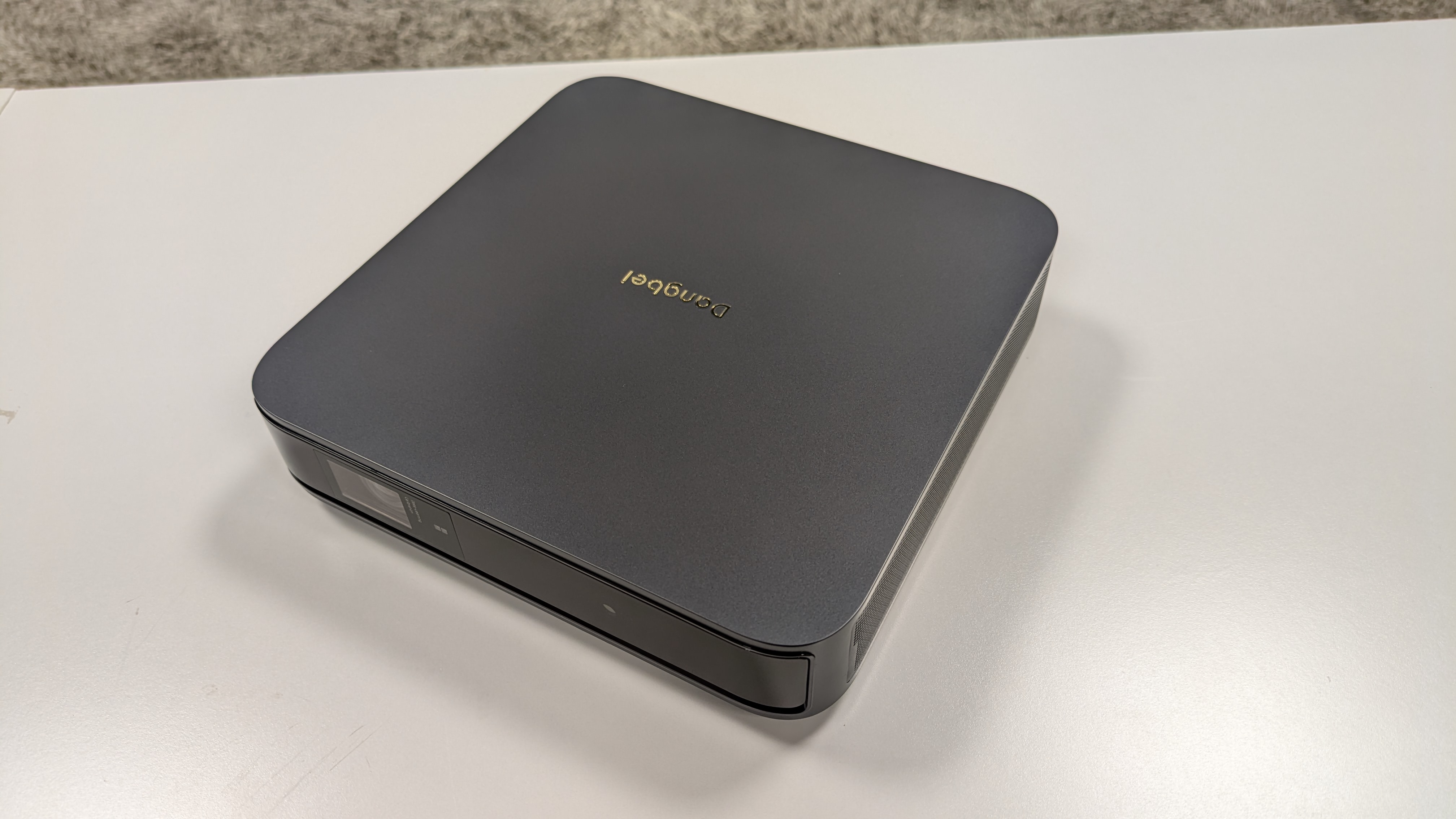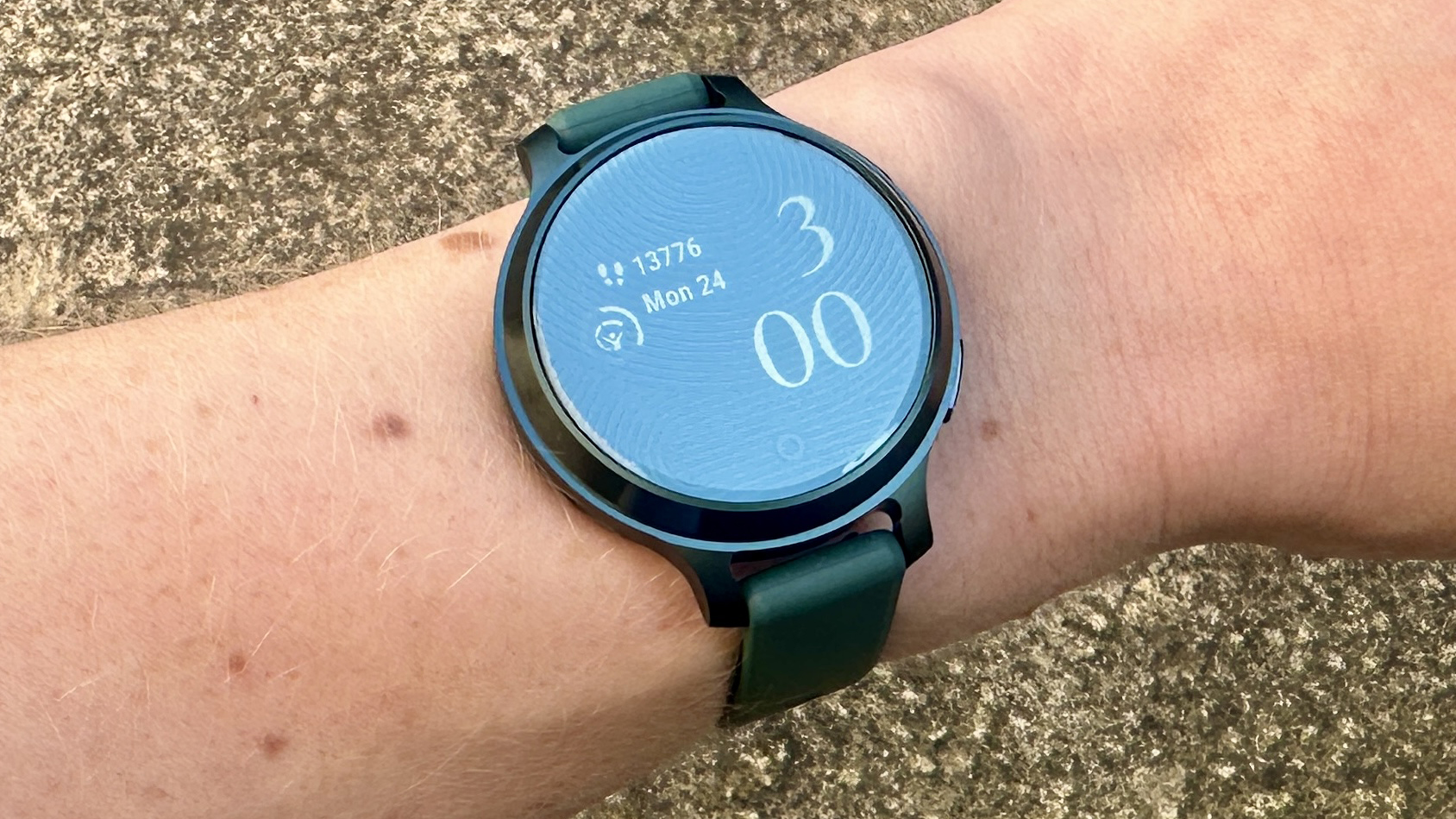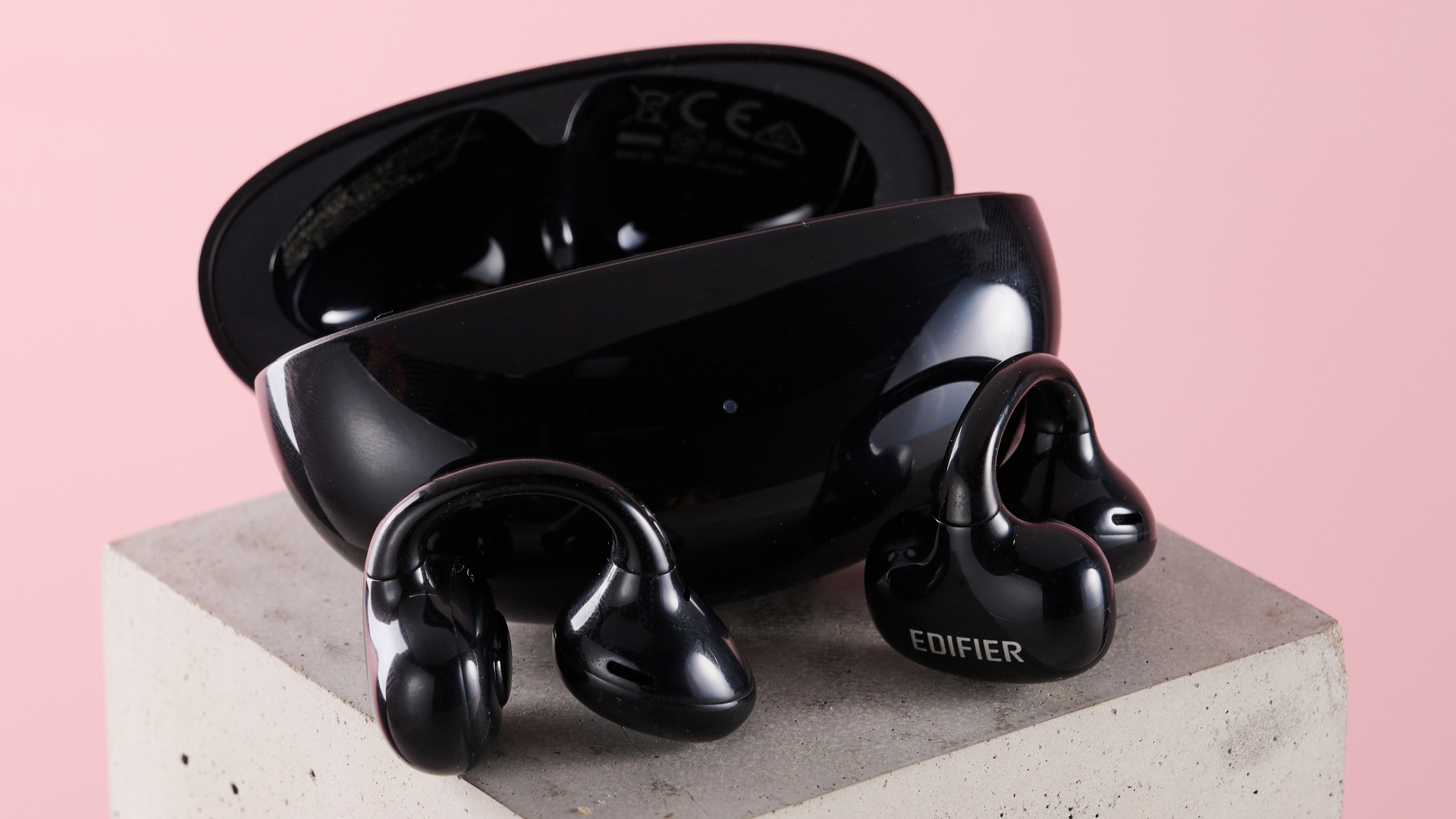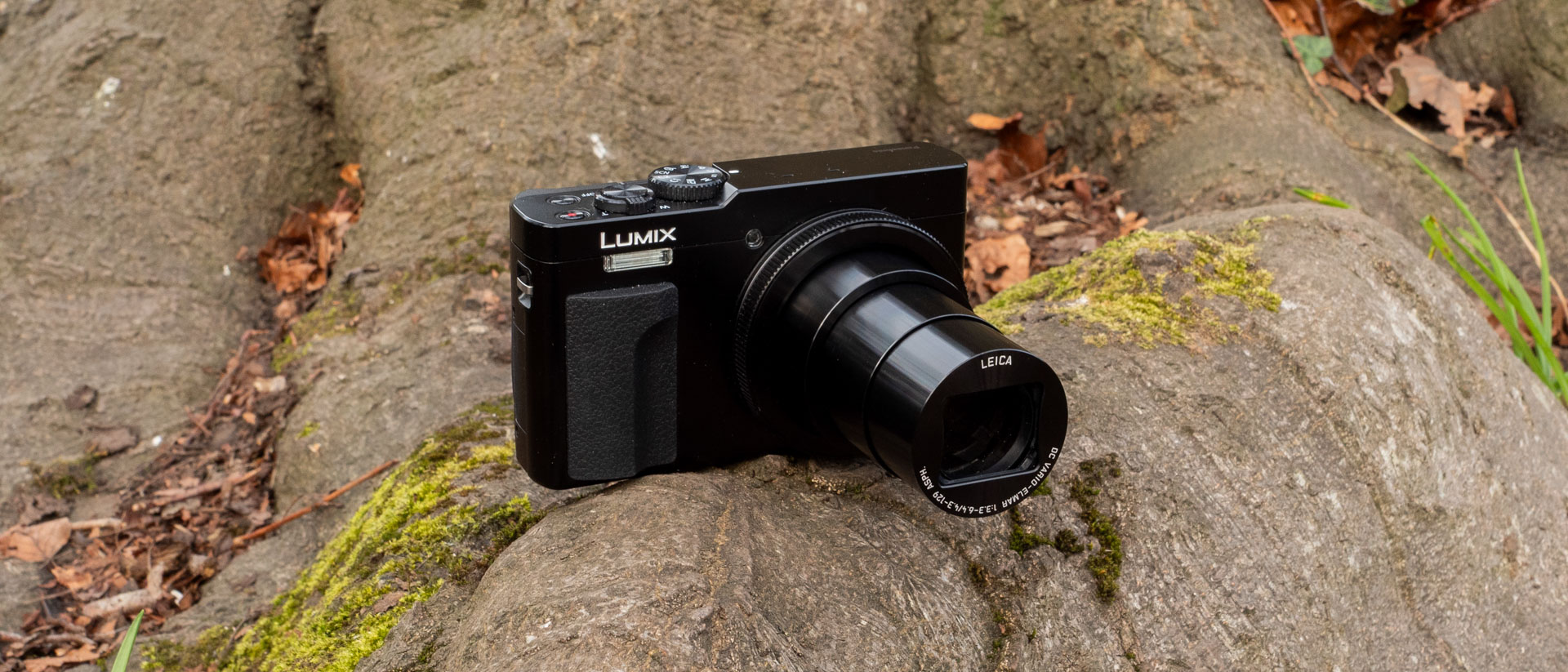TechRadar Verdict
The iPhone 6 Plus is the best looking phablet around. Its specs don't match the Android power houses and it can be tricky to hold, but there's no denying Apple's beautiful (yet expensive) 5.5 incher is a winner.
Pros
- +
Best looking phablet
- +
Great full HD display
- +
Strong camera for day to day use
Cons
- -
Too big to use one handed
- -
Very expensive
- -
'Reachability' feels tacked on
Why you can trust TechRadar
The iPhone 6 Plus has a special place in iPhone history as the firm's first 'phablet' handset. Breaking through the 5-inch screen mark with a 5.5-inch offering, the 6 Plus set a trend that's still going strong today.
[Update: The iPhone 6 Plus may have launched more than three years ago, but Apple is still pushing iOS updates to the handset and there are some great deals to be had for those looking for a cheap iPhone.]
Apple's debut phablet is still a winner if you're in the market for a cheap iOS device with a big screen. It's no longer top of Apple's pecking order, having been replaced by the iPhone 6S Plus, 7 Plus and most recently, the iPhone 8 Plus.
Yet, despite launched more than three years go, the iPhone 6 Plus still gets the annual iOS update from Apple, ensuring it remains relevant in today's market.
If you already own the handset, has your iPhone 6 Plus exhibited symptoms of the dreaded Touch Disease, like a flickering display? If so, you're in luck. Apple now has a repair program exclusively for the phablet right here.
Lastly, looking for an iPhone 6 Plus case? We've found the best ones available that will also fit an iPhone 6S Plus.
- What came next? iPhone 6S Plus | iPhone 7 Plus | iPhone 8 Plus
--Original review--
A 5.5-inch iPhone. That might not seem so unusual now, but when it first appeared it was something which would have sent a shudder down the spines of a collective of die-hard Apple fans, as it was a handset some thought we'd never see from the Cupertino-based outfit.
Yet here I am, staring down the barrel of what was once the biggest iPhone in history – the iPhone 6 Plus.
It arrived alongside the iPhone 6 – Apple's 2014 flagship smartphone – which measured 4.7 inches, making it more welcoming to a wider array of palms than the supersized iPhone 6 Plus.
Many of you, especially those of an Android persuasion, may be wondering what all the fuss is about – after all, the Samsung Galaxy Note 2 turned up with a 5.5-inch display a few years before the 6 Plus graced us with its presence.
- Compare: all the best iPhone 6 Plus deals
Take a moment to glance at the history of the iPhone though, and you'll see why the iPhone 6 Plus was such a big deal.
Previously Apple has only dealt in two screen sizes: a 3.5-inch display graced the first five generations of iPhone, and just three have had the pleasure of a larger 4-inch display.
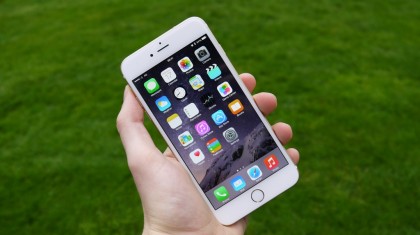
5.5 inches then is a huge leap forward for Apple, moving its iPhone range into the uncharted waters of the phablet market currently dominated by Samsung and other Android manufacturers.
It's less impressive now, with the launch of the iPhone 6S and iPhone 6S Plus (and even more recently, with the iPhone 7 and iPhone 7 Plus) reinforcing Apple's commitment to the larger screen sizes.
Apple is looking to reach a previously untapped audience of smartphone users – those who demand a large screen – with 'productivity' the main buzzword being thrown around. A key market for the iPhone 6 Plus is Asia, where the general consensus seems to be bigger is better when it comes to smartphone screens.
In terms of specs and design, there isn't a huge amount of difference between the iPhone 6 Plus and the iPhone 6, apart from the obvious size.
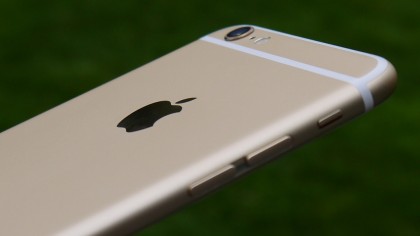
The iPhone 6 Plus does boast a couple of unique features however. It was the first iPhone to pack a full HD display, plus its bigger body means it houses a larger battery than its 4.7-inch brother.
Both sport A8 64-bit processors, 1GB of RAM, M8 motion coprocessors and 8MP rear-facing cameras – although the snapper on the iPhone 6 Plus benefits from OIS (optical image stabilisation), while the iPhone 6 makes do with EIS (electronic image stabilisation). This is a much smaller difference than we see in today's batch of iPhones, with the iPhone 7 Plus sporting a dual-camera setup.
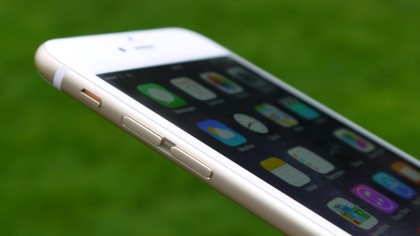
iPhone 6 Plus price
As with all Apple products, the iPhone 6 Plus didn't come cheap at launch, but prices did fall when successors were launched, before Apple stopped producing the phone altogether.
The iPhone 6 Plus is no longer offered on the Apple Store, pushed out by the iPhone 7 and 7 Plus. However, the last time we saw it on Apple's online shop the SIM-free 16GB version was priced at $649 (£539, AU$1,079) – and that's just the start.
Apple ditched the 32GB variant for both the iPhone 6 and iPhone 6 Plus long ago, so if you're searching for one, you'll probably have better luck finding the 64GB variant in the wild.
There was also a 128GB model, but that's been discontinued as well, so if you need a boatload of storage you'll have to opt for the newer iPhone 6S Plus or iPhone 7 Plus.
As Apple no longer makes the iPhone 6 Plus, new handsets aren't so easy to come across these days. You'll have to take to the likes of Amazon, eBay and other online retailers to find box fresh handsets.
On Amazon we've spotted a refurbished 128GB iPhone 6 Plus for £399.99 ($600, AU$800) - so you're probably better off looking at a newer model if you seek value for money (and a brand new device).

TechRadar's former Global Managing Editor, John has been a technology journalist for more than a decade, and over the years has built up a vast knowledge of the tech industry. He’s interviewed CEOs from some of the world’s biggest tech firms, visited their HQs, and appeared on live TV and radio, including Sky News, BBC News, BBC World News, Al Jazeera, LBC, and BBC Radio 4.
